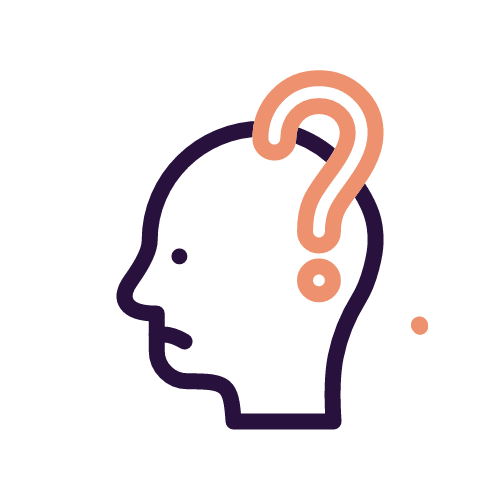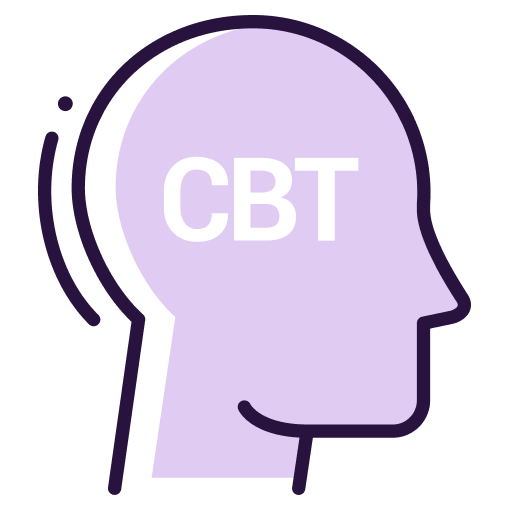Depression
Symptoms, Treatment & the Benefits of Therapy
Understanding Depression
Recognizing the Symptoms of Depression

Persistent Sadness
Feeling persistently sad, empty or hopeless for an extended period.

Loss of Interest

Sleep Disturbances
Experiencing changes in sleep patterns, including insomnia (difficulty falling asleep or staying asleep) or hypersomnia (excessive sleepiness).

Fatigue & Lack of Energy
Feeling constantly tired, lacking energy or experiencing a decrease in physical and mental stamina.

Changes in Appetite or Weight
Experiencing significant weight loss or gain, or changes in appetite and eating habits.

Difficulty Concentrating
Struggling with concentration, memory and making decisions.

Feelings of Guilt or Worthlessness
Persistent feelings of guilt, self-blame, worthlessness or excessive self-criticism.

Death & Suicidal Ideation
Having recurring thoughts of death, contemplating suicide or engaging in self-harming behaviors.
Different Therapeutic Approaches for Depression
Cognitive-Behavioral Therapy (CBT)
CBT helps individuals identify negative thought patterns and behaviors contributing to depression. It focuses on replacing negative thoughts with more positive and adaptive ones, and developing effective coping strategies.
Acceptance and Commitment Therapy (ACT)
ACT focuses on accepting negative emotions and thoughts while committing to values-based actions. It helps individuals create a meaningful life despite the presence of depression.

Interpersonal Therapy (IPT)
IPT focuses on improving interpersonal relationships and resolving conflicts that may contribute to depression. It helps individuals build a stronger support system and enhance their communication and problem-solving skills.
Psychodynamic Therapy
Psychodynamic therapy explores underlying unconscious conflicts and unresolved issues that may contribute to depression. It aims to increase self-awareness, improve self-esteem and facilitate personal growth and insight.
Mindfulness-Based Therapies
Mindfulness-based therapies, such as Mindfulness-Based Cognitive Therapy (MBCT), teach individuals to be present and non-judgmental, helping them manage depressive symptoms and reduce relapse rates.

Supportive Therapy
Supportive therapy provides a safe and empathetic space for individuals to express their feelings and experiences. It offers emotional support, validation and guidance during challenging times.





